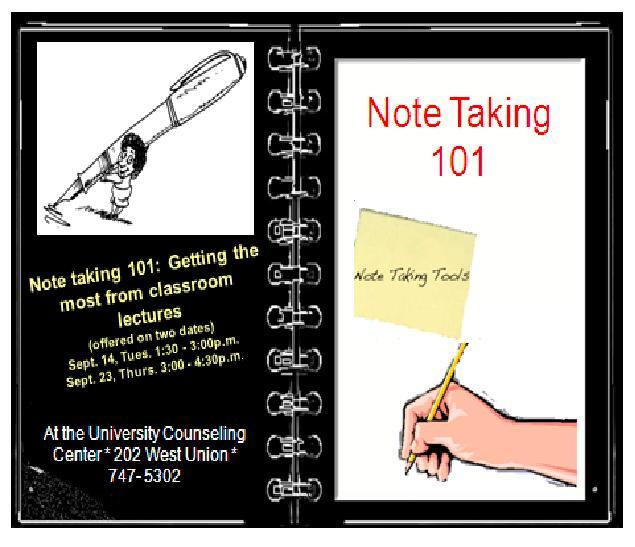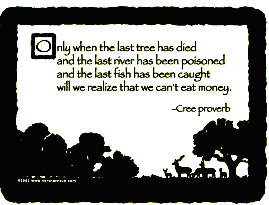
INSTRUCTOR
Owen M. Williamson, MA
In case of absence, or if class is ever cancelled due to circumstances beyond Instructor control, students are still expected to complete and submit all assignments shown on this Calendar page if possible.
![]()
Week
4: September 13-17, 2010
Monday:
![]() Library orientation session in Library Room 204A on Sept
13 (Mon) from 8:30 – 9:20 am.
Library orientation session in Library Room 204A on Sept
13 (Mon) from 8:30 – 9:20 am.
TUESDAY:

Call 747-5302 to reserve your place. (Optional)
Wednesday:
Sept. 15:

Time/Location: 8:30 - 9:20/UGLC 210
TOPIC: Discover / Mock Interview Program - Step 1
FRIDAY:
-
Assign Collective Project and Work Groups. Ten sources due Oct. 25. Report due Nov.24.
-
Collect study environment analysis results.The genius of rhetoric: Pathos, Ethos and Logos. More pillars of rhetoric: kairos, audienc
 e, style. delivery.
Three levels of discourse and style.
TRVTH vs rhetoric?
e, style. delivery.
Three levels of discourse and style.
TRVTH vs rhetoric?
-
As Alvin Toffler says: "if you don't have a strategy you end up being part of someone else's strategy." What is YOUR life strategy?
-
Questioning reality; questioning authority. Fighting "Tina."
-
 Borders, p. 34.
Borders, p. 34.
Tentative:
Borders
Activity 3.1
1. Think about yourself as a learner and assess the learning style that
seems
most like you. Assess your own learning style by writing down how you think you learn.
Summarize what you learn about yourself.
2. List all the classes you are taking this semester. Describe the learning style that is used most in each class. Does this fit with your learning style? Explain how you will learn in this class (if it is or is not your preferred learning style).
Borders, p. 53 (ed. 2)
Public speaking activity—declamation. [Applies to theme / discipline] [Public speaking]

Monday:
2.Read Borders Chapter 3: Preparing to Learn.
3.Read article on study habits from Science Daily.
Wednesday:
1.Do Study Environment Analysis, at http://www.ucc.vt.edu/stdysk/studydis.html . Print out results and bring to next class.
Friday:
1. Do Progymnasma 4. [Applies to theme / discipline]
2.
 KTEP report. [Academic success strategies—note taking] [Critical thinking]
KTEP report. [Academic success strategies—note taking] [Critical thinking]





